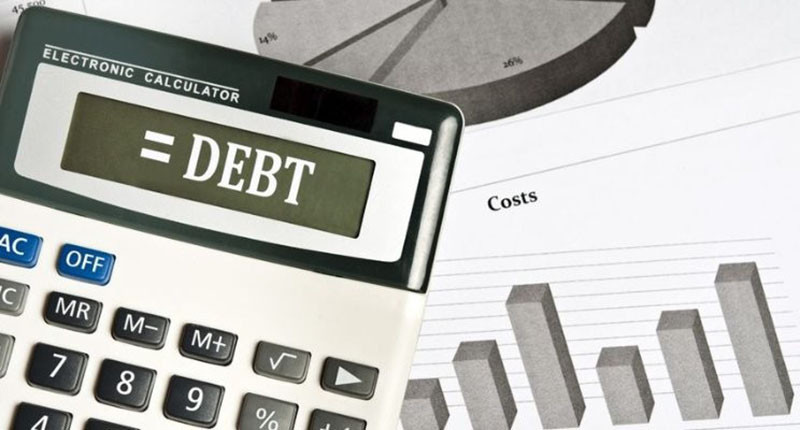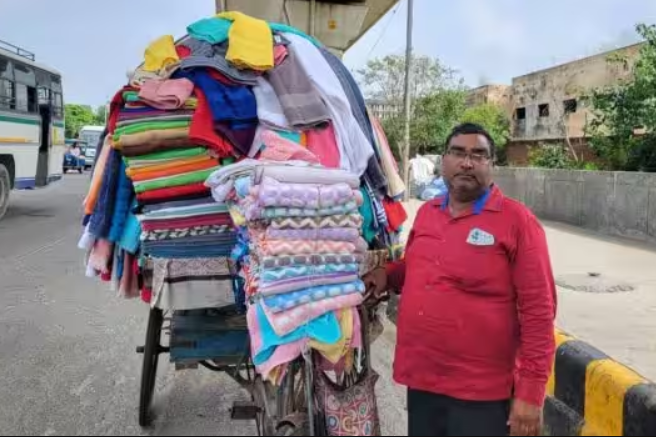There are many reasons why you might find yourself in debt. One of them could be due to bad spending habits. If you don’t want to fall into debt, you need to be aware of these bad spending habits. Who knows, not only can you avoid debt, but you can also save more money by eliminating these bad spending habits from your life.
1. Spending more than you earn
One obvious reason why you fall into debt is that you spend more than you earn. Everyone knows that spending more than you earn will land you in debt, but not everyone can control their spending habits.
Furthermore, after spending all of your monthly income, you can still use savings, borrow from friends and family, or use credit cards. In the long run, this wasteful spending habit will lead you into a difficult debt situation that is hard to solve.
Therefore, advice from experts is that you need to live within your means, think carefully before making each purchase decision. At the same time, reduce your expenses and use the extra money to pay off your debt as soon as possible.

Illustration
2. Spending money you don’t have
There are many ways for you to have money in your hand, such as using credit cards, borrowing money, or getting cash advances. These are all ways to have money that is not really yours. When you use them to shop, you are creating debt for yourself. If you don’t pay off the debt quickly, the interest will accumulate and your debt will increase.
You can overcome this bad spending habit by cutting unnecessary expenses and relying on income to pay for your own consumption needs.

Illustration
3. Using credit cards for daily expenses
You should use cash for daily shopping transactions instead of using credit cards. What makes credit cards attractive to users is that they allow you to pay in advance and pay later. This is also a trap that can lead you into credit card debt if you don’t pay the credit card bill in full each month.

Illustration
4. Borrowing to pay off debt
Many people have the habit of borrowing from one place to compensate for another, using credit cards to pay off their own borrowings. However, this method does not improve your debt situation, make it better, but on the contrary, it makes the situation worse. Instead of thinking of ways to borrow from one place to another, you should reevaluate your spending habits to make the smartest spending decisions.

Illustration
According to Vietnamese Women

20s woman spend billions to build a house for parents before getting married

Dad earns a living as a street vendor to put son through top university






































